#Suppliers
Stellantis Investors Fume Over CEO Pay Amid Job Cuts, Plant Closures, Supplier Strife
Stellantis CEO Carlos Tavares’ pay increase has annoyed a subset of shareholders as the automaker positions itself for more layoffs and attempts to shift the production of electric vehicles to countries where labor is cheaper. Meanwhile, the automaker's unwillingness to renegotiate contracts with suppliers had created additional tension with its business partners.
Nippon Steel Set to Buy U.S. Steel, Union Dismayed
On Monday, Japan's Nippon Steel expressed its intention to purchase the United States Steel Corporation. The iconic American business supplies numerous industries, with the automotive sector being one of the largest.
Nippon Steel is reportedly offering a deal worth $14.9 billion and the assumption of any debt. However, the United Steel Workers don’t seem pleased with the arrangement and were said to have backed an earlier offer from domestic rival Cleveland-Cliffs Inc. totaling $7.25 billion.
Report: Suppliers Asking Automakers for Pricing Concessions Over UAW Strike
Ramifications from the UAW's strike against Detroit automakers was always going to reverberate throughout the industry and suppliers are asking for some concessions. But the reason isn’t wholly down to some of the obstacles created by the recent work stoppages and the long term implications are beginning to mount.
Ohio Battery Strikers Reject Second UAW-Negotiated Deal
The strike at the Clarios battery plant in Holland, Ohio, is reportedly ongoing after workers rejected a deal struck between the company and negotiators from the United Auto Workers union. Roughly 550 employees represented by UAW Local 12 walked out on May 8th over changes to overtime eligibility and production incentives, with a select few picketing outside the factory entrance.
Ford Delays Vehicles After Running Out of Badges
With supply constraints persisting within the automotive industry, the knowledge that a manufacturer has induced a production stall due to a lack of parts is hardly big news. Nobody seems able to source enough batteries and the semiconductor shortage has left automakers dealing with routine factory shutdowns. But Ford seems to be confronting one of the saddest examples we’ve yet seen and has confirmed that it’s delaying trucks – seemingly because it doesn’t have enough trim badging or Blue Ovals to go around.
QOTD: Why Aren’t EVs Becoming More Affordable?
Ford increased pricing on the F-150 Lightning EV substantially this week, citing “significant material cost increases and other factors.” The all-electric model now comes with an MSRP that ranges between $46,974 (for the base Pro trim) and $96,874 (for the Extended Range Platinum). All told, the decision has made the pickup anywhere from $6,000 to $8,500 more expensive than it was just a few days earlier. In exchange, Blue Oval has ever so slightly upgraded the maximum range of some of the lower trims. But some of us would probably prefer a more comprehensive explanation as to what’s causing EV prices to surge in general, because it’s not just Ford that’s been raising the sticker price of in-demand electric vehicles.
GM Asks Suppliers to Sign Environmental Pledge, ESG Scoring
On Monday, General Motors publicly asked its suppliers to pledge themselves toward adherence to carbon neutrality. But the vow actually goes quite a bit further, incorporating numerous Environmental, Social, and Governance (ESG) scoring aspects we’ve seen being advanced by some of the world’s most powerful corporations, financial institutions, and world leaders.
In fact, the official name for the oath is the “Environmental, Social and Governance Partnership Pledge” and it’s already been associated with metrics defined by EcoVadis — a third-party assessor that focused on evaluating how individual companies integrate its preferred principles of sustainability, corporate responsibility, social cohesion into their business and management systems.
Toyota Confronting Widespread Factory Stalls in Asia
Toyota Motor Corp is currently having to contend with idle factories in Asia, reducing the automaker’s estimated output by over 47,000 units this month. Shockingly, it’s not alleged to have anything to do with the semiconductor shortage that’s been wreaking havoc on Western markets.
With chip production having been localized primarily in China and Taiwan, Asian suppliers have had better access to them. But Eastern markets have still been subjected to other routine plant closures due to supply chain restrictions stemming from the pandemic. Existing protocols in China, combined with renewed restrictions in Japan, have created a situation impacting numerous automakers with Toyota announcing this week that it probably won’t reach its goal of manufacturing 9 million cars this year — though it made sure to include the ongoing semiconductor issue as relevant.
McLaren Artura Delayed Again for the Usual Reasons
McLaren has confirmed that it will be delaying the launch of its new hybrid supercar, the Artura, until the summer of 2022. Slated to commence deliveries by the end of 2021, the company has stated that the chip shortage has forced a revised timeline.
The semiconductor shortage has been a popular excuse for automakers the world over and may still be valid. Chip manufacturers have continued prioritizing the production of newer, more advanced components yielding higher margins. However, these units typically do not make their way into automobiles and are more commonly found in smaller electronic devices.
Chips Ahoy: BMW Inks Deal With New Supplier
While we’re sure the vast majority of our readers think of Ponch and Jon when they hear the word ‘chips’, there’s no denying the world’s automakers would probably rather never hear the term again as it relates to car parts. After weathering a severe shortage of the things, BMW thinks it has a solution: Shacking up with a semiconductor manufacturer and a semiconductor foundry.
Report: Biden Admin May Link Semiconductor Subsidies to Unions
Despite the semiconductor shortage having encouraged the automotive sector to repeatedly idle factories, word on the ground is that things are becoming more stable. Companies are seeing less production downtime overall and workers are reporting more reliable working conditions across the board. However, several automakers have continued to express concerns (e.g. Volvo), alleging that chip shortages could stretch deep into 2022, while the U.S. government ponders how to advance chip production in-country and become less dependent on Asian suppliers.
Commerce Secretary Gina Raimondo has been touring Michigan, meeting with union members and industry heads, and plans to urge Congress to move on a $52 billion in funding bill aimed at boosting domestic production. We’ve questioned the efficacy of the CHIPS Act before, primarily in relation to how the subsidies would be allocated. But there are new concerns that the plan will mimic the Biden administration’s EV subsidies by spending heaps of taxpayer money and giving union-backed organizations a larger cut.
Report: Apple Car Suffers Another Setback
Following several months of news that Apple Inc. was in talks with battery suppliers to set the company up with the necessary hardware and know-how to manufacture electric vehicles, it looks like the iPhone purveyor is back to square one. Reports have emerged claiming the discussions with China’s Contemporary Amperex Technology Co. Limited (CATL) and BYD have stalled.
While the tech giant is said to be keeping a channel open, companies informed Apple over the last two months that they would not be willing to establish teams and U.S. facilities catering exclusively to its needs. While Japan’s Panasonic is still in the mix as a potential partner, it’s looking like the other companies are bowing out. Reasons are said to vary, however, political tensions between the U.S. and China are alleged to be a contributing factor.
Automakers Accused of Chip Hoarding, U.S. Considers Defense Production Act
Despite the occasional media report claiming that the semiconductor shortage is nearly over, reality looks quite a bit different. Some manufacturers have managed to temporarily stabilize supply chains, even though others have continued announcing work stoppages as they run out of chips. Wait times for the electronic components have also increased by about 61 percent since the beginning of 2021. Meanwhile, a recent Kelly Blue Book survey had 48 percent of respondents saying they were going to postpone buying a new automobile until shortages end, prices come down, and they can actually find the vehicles they’re looking for. But even those that were willing to buy now expressed a surprising level of acceptance to abandon brand loyalty or their preferred body style just to get a fairer deal on an automobile.
With the United States fairing worse than other regions in regard to chip availability, the White House has been under pressure to solve the problem all year. Thus far, government strategy has focused on encouraging investments for new semiconductor production. But there’s a new gambit being proposed that would invoke a Cold War-era national security law that would force manufacturers to furnish information pertaining to semiconductor supply lines and chip sales.
Apple Car Seeking Friendship in South Korea
Apple has been in the headlines all week over changes to its policy that is introducing a image detection system that effectively allows the company to scan the iCloud to see if you have any illegal photos on there. While framed primarily as a way for the company to root out pedophilia, it’s gotten the company in trouble with an increasingly privacy savvy public that’s convinced the next step is generalized surveillance. But while the technology company has been busy trying to improve optics, issuing assurances that its new security protocols won’t overlap with government action and claims that its actions are no worse than what its chief rivals are already doing, the latest on the Apple Car is going unaddressed.
The off-and-on-again vehicle program is reportedly making moves with South Korean suppliers to ensure its got a lock on components. Curious, considering we were under the impression that the automobile was nowhere near completion.
GM Prioritizing Pickup Production Over Crossovers, Sedans
General Motors will resume full-size pickup assembly next week, leaving its crossovers will have to continue enduring production hang-ups related to the semiconductor shortage. American manufacturers have been absolutely creamed by supply shortages this year and a lack of chips really hurt pickup volumes. We’ve seen a lot of creative solutions, including automakers putting unfinished vehicles on the lot in hopes that they can install the missing hardware later.
But GM’s latest solution involves prioritizing Michigan’s Flint Assembly, Indiana’s Fort Wayne Assembly, Silao Assembly in Mexico — all of which were previously idled or operating on reduced schedules. Unfortunately, that means giving other North American facilities more downtime and, sadly, plenty of it.




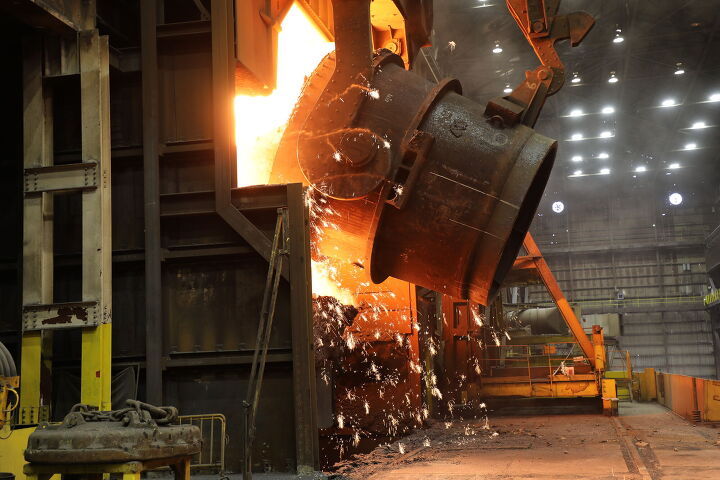
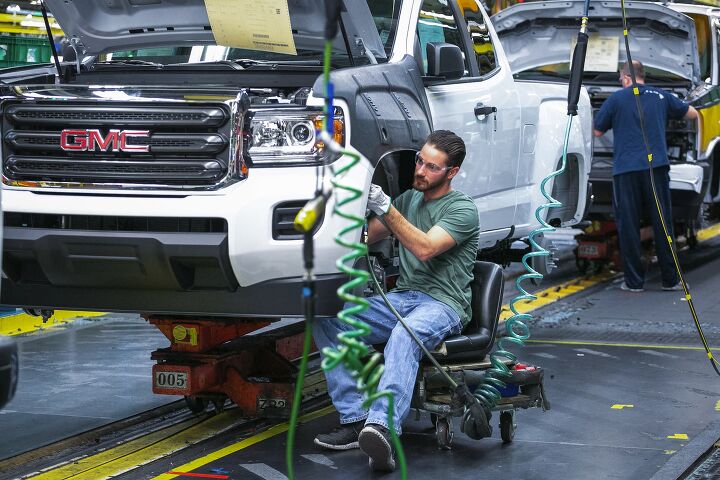
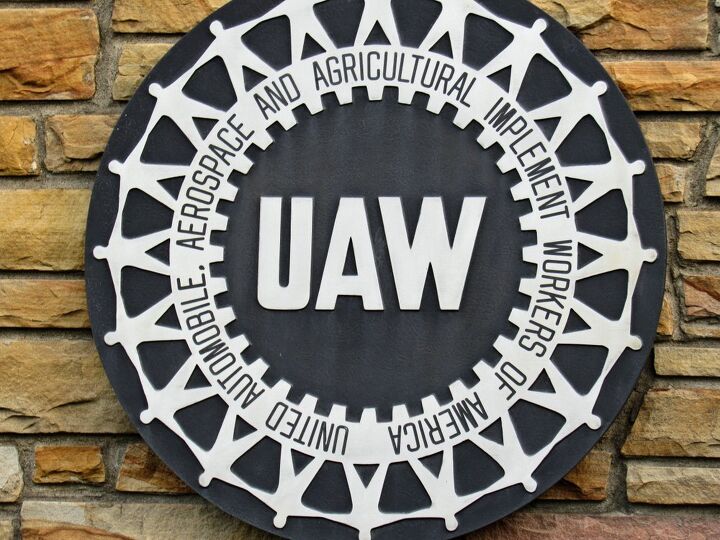

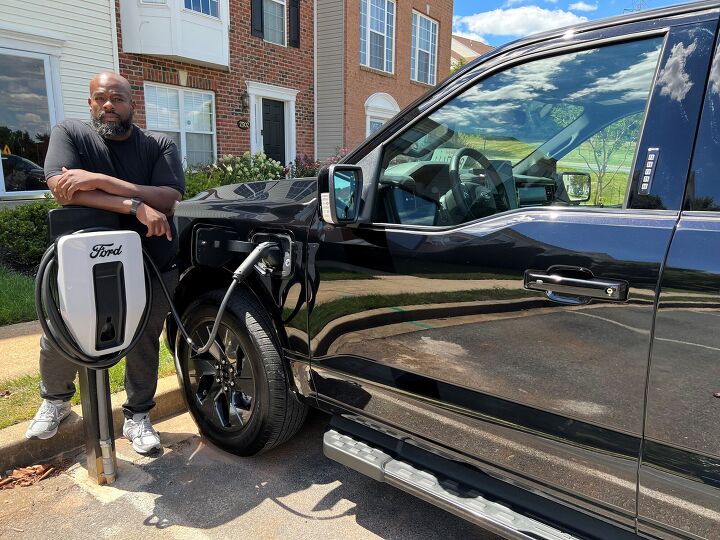
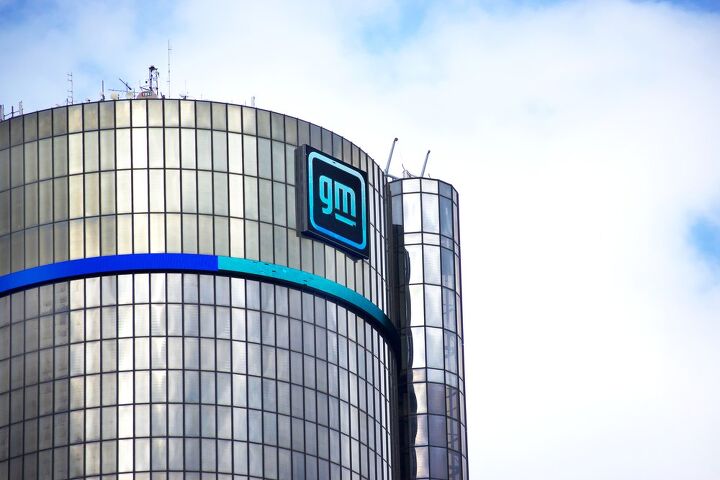

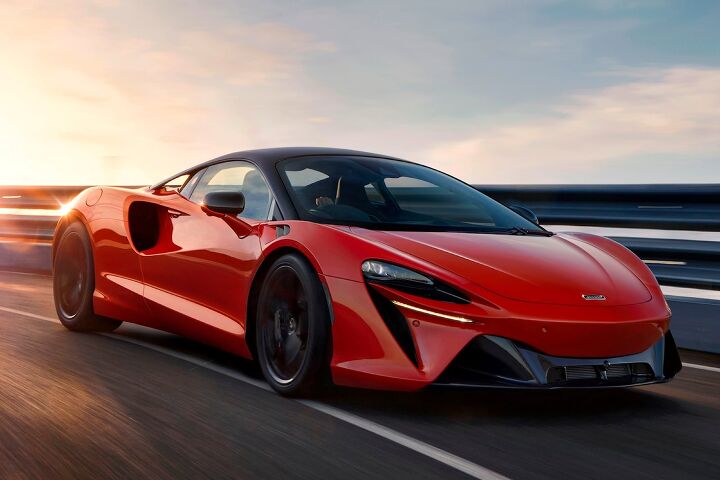
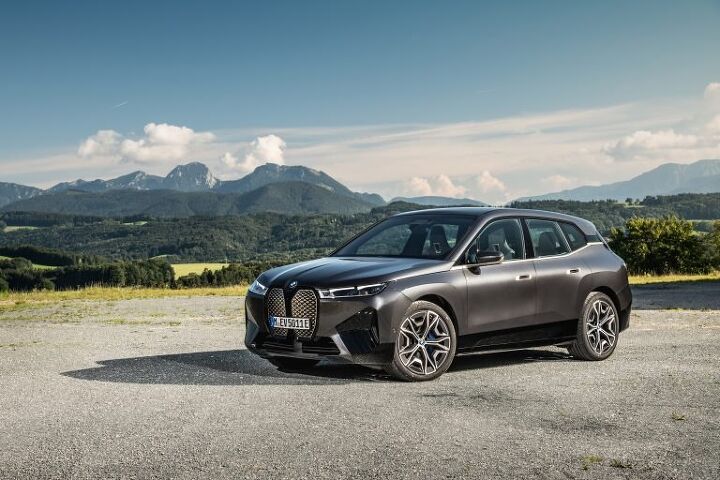
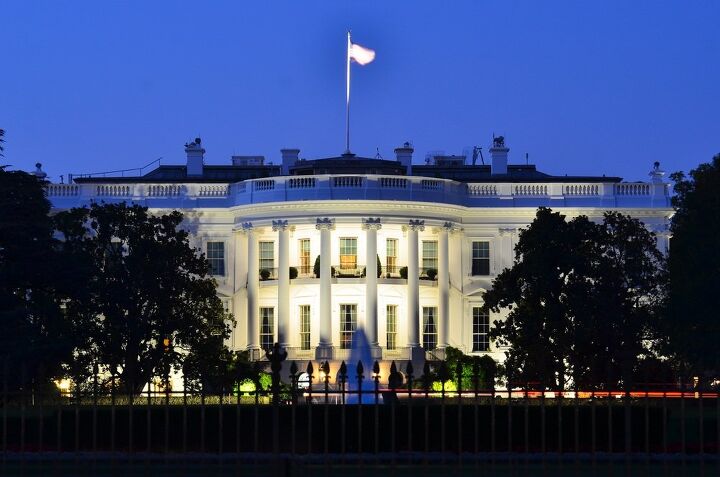


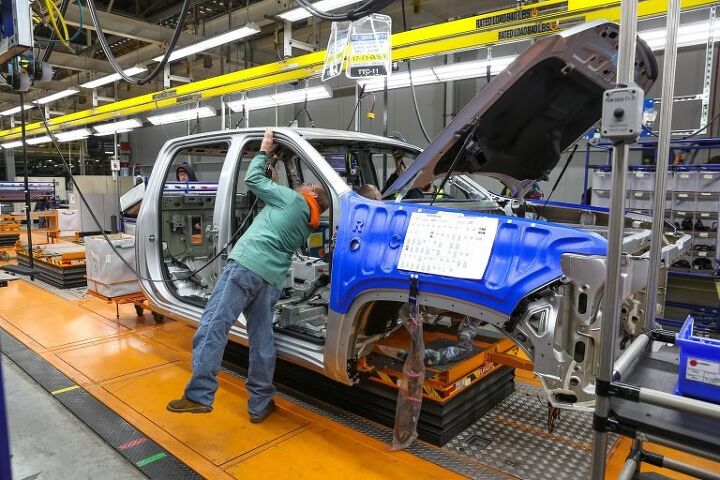












Recent Comments